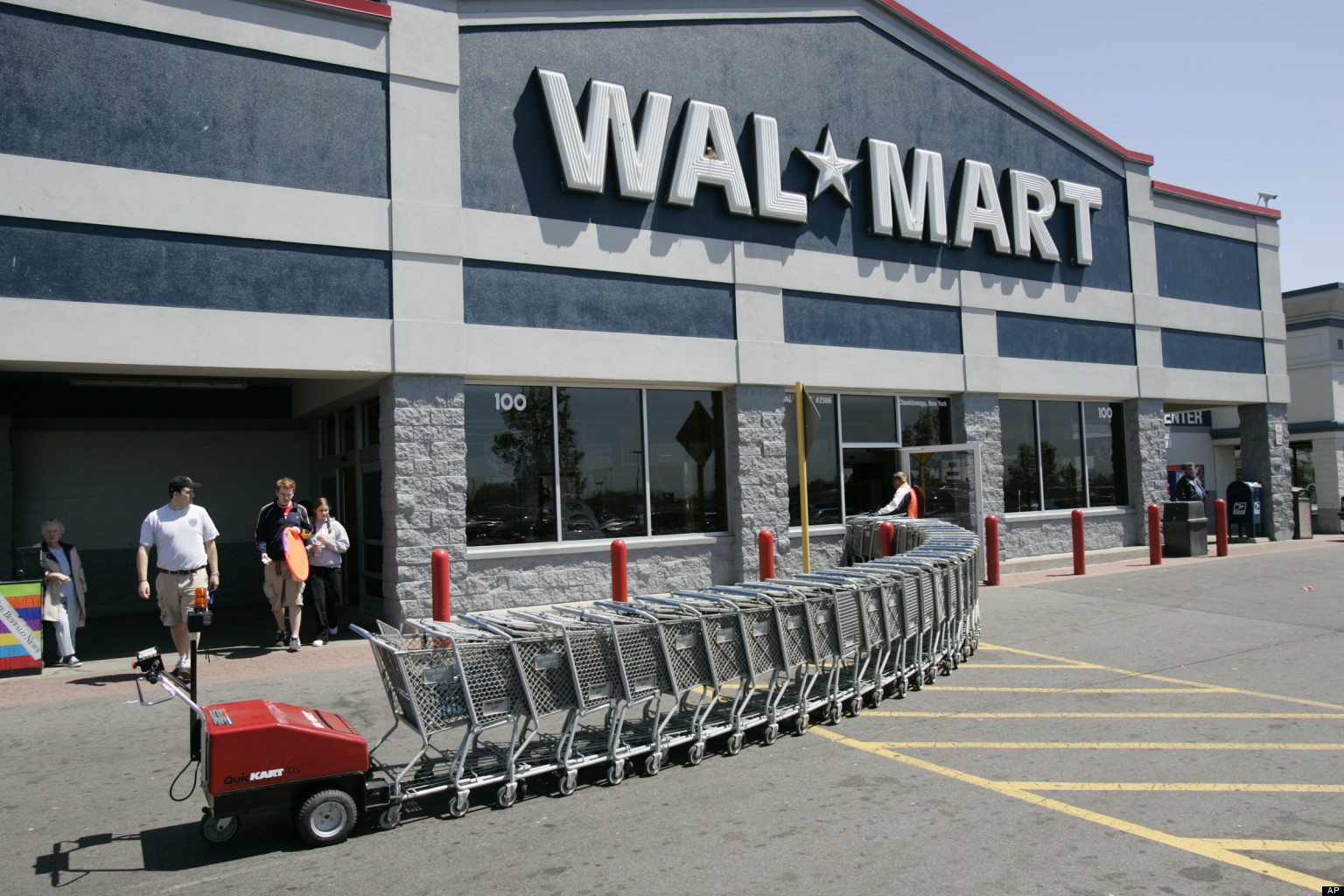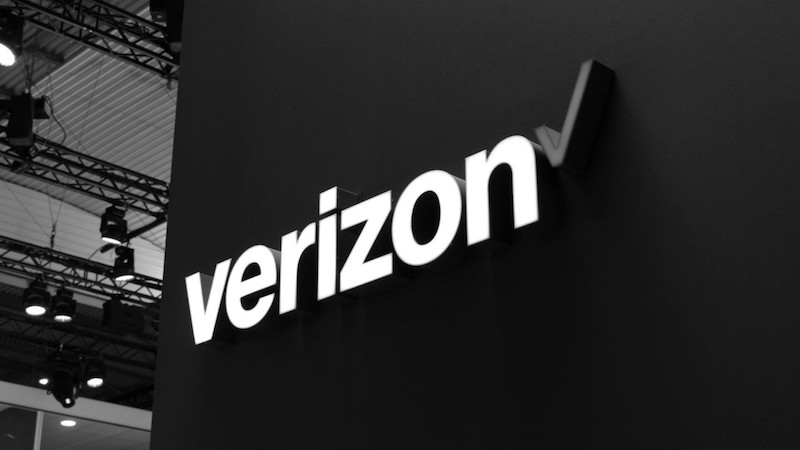Don’t cry over the new politics: price it in, and address its real concerns.
If you want a picture to sum up how the politics of globalization have changed since the financial crisis, watch Canada’s trade minister, Chrystia Freeland, holding back tears last week as the Parliament of Wallonia refused to ratify the Comprehensive Economic and Trade Agreement between her country and the European Union.
CETA had its origins in October 2008. Back then, the executive European Commission would have expected to pass this agreement unilaterally. They felt the need to seek ratification from national parliaments because, since 2008, we’ve had the Great Recession, the Eurozone crisis, controversy over a similar E.U.-U.S. trade deal, Brexit, and the rise of Donald Trump. Belgium couldn’t ratify until all of its regions were onboard, the Wallonians weren’t having it—and so 75 lawmakers held the interests of 500 million Europeans and seven years of painstaking negotiation in the balance.
It’s tempting to dismiss the Wallonians as benighted protectionists blind to the wider benefits of trade and globalization. The more sober response is to acknowledge the very real difficulties globalization has created for working people in the developed world, and the very real controversies surrounding the new arbitration tribunals created by these new trade agreements, which some argue undermine democracy in favor of big business.
Investors need to acknowledge and understand these issues because debate around them will establish the context against which capital operates over the next generation.
Polarized Debate Obscures Real Issues
In the immediate aftermath of the Brexit vote and the run-up to next week’s U.S. presidential election, those debates around sovereignty, trade, globalization and immigration have not been very helpful. It’s difficult to make a reasoned contribution. Positions get simplified and polarized. You’re either for or against immigration. You’re asked to vote to leave or remain in the E.U.
When I travel through Europe today I tend to get asked, “When did Americans become so anti-trade and anti-immigration?” And of course the answer is they didn’t. But working and middle-class Americans have started asking whether the trade deals struck by their political representatives really benefit them, how such a vast number of undocumented workers get through the immigration system, and whether business still offers them and their children opportunity, rather than just exploitation.
These are perfectly reasonable questions. The share of GDP going to labor has declined relentlessly this century. Over the same period the number of “breadwinner” jobs paying at least $45,000 fell from 73 million to 70 million, while those paying $20,000 or less have grown from 35 million to 40 million. If it’s reasonable to ask these questions, they won’t go away after next week’s election, regardless of the result.
Less Technocracy, More Democracy
If anything, these concerns will receive more mainstream attention once the electoral temperature has cooled. That’s partly because the mainstream is learning that, when they don’t get a hearing, many voters will back populists despite knowing their solutions are as likely to hurt as to help them. It’s also because politicians recognize that they need to do more now that central banks are at the limits of their effectiveness—and perceived to be part of the problem, into the bargain.
This is relevant for investors in two big ways, one short-term and one longer-term.
First, the transition from economies being driven by central-bank technocrats with their forward guidance, to economies being driven by politicians with their restless constituents, represents a meaningful increase in market risk. The Wallonia incident shows how a little extra democracy can throw a lot of extra sand into the wheels of global capitalism, and the premium for that kind of risk is already starting to be priced into markets.
Second, it’s worth remembering that addressing these concerns may be painful for providers of capital today, but real solutions to them are essential to capital, trade and globalization in the longer term. Disappointment with opportunity in today's economy will continue to drive the debate around trade and immigration for years to come. These are complex issues requiring thoughtful and balanced solutions, not rancor and hyperbole.
It makes sense to “turn the channel” on the current political noise and focus on economic fundamentals, as Joe Amato has advocated in recent posts. But as you do, keep in mind the real issues behind the sound and fury—issues that require real solutions, which will have a real impact on the economy and your investments over the coming years.
In Case You Missed It
- S&P/Case-Shiller Home Prices Index: +0.4% month-over-month and +5.1% year-over-year
- U.S New Home Sales: +3.1% to SAAR of 593,000 units in September
- U.S Durable Goods Orders: -0.1% in September (excluding transportation, durable goods orders increased 0.2%)
- U.S. 3Q16 GDP: +2.9% annualized rate
What to Watch For
- Monday 10/31:
- Personal Income & Outlays
- Tuesday 11/1:
- ISM Manufacturing
- Wednesday 11/2:
- FOMC Rate Decision
- Thursday 11/3:
- ISM Nonmanufacturing
- Friday 11/4:
- Employment Report
– Andrew White, Investment Strategy Group
Copyright © Neuberger Berman













